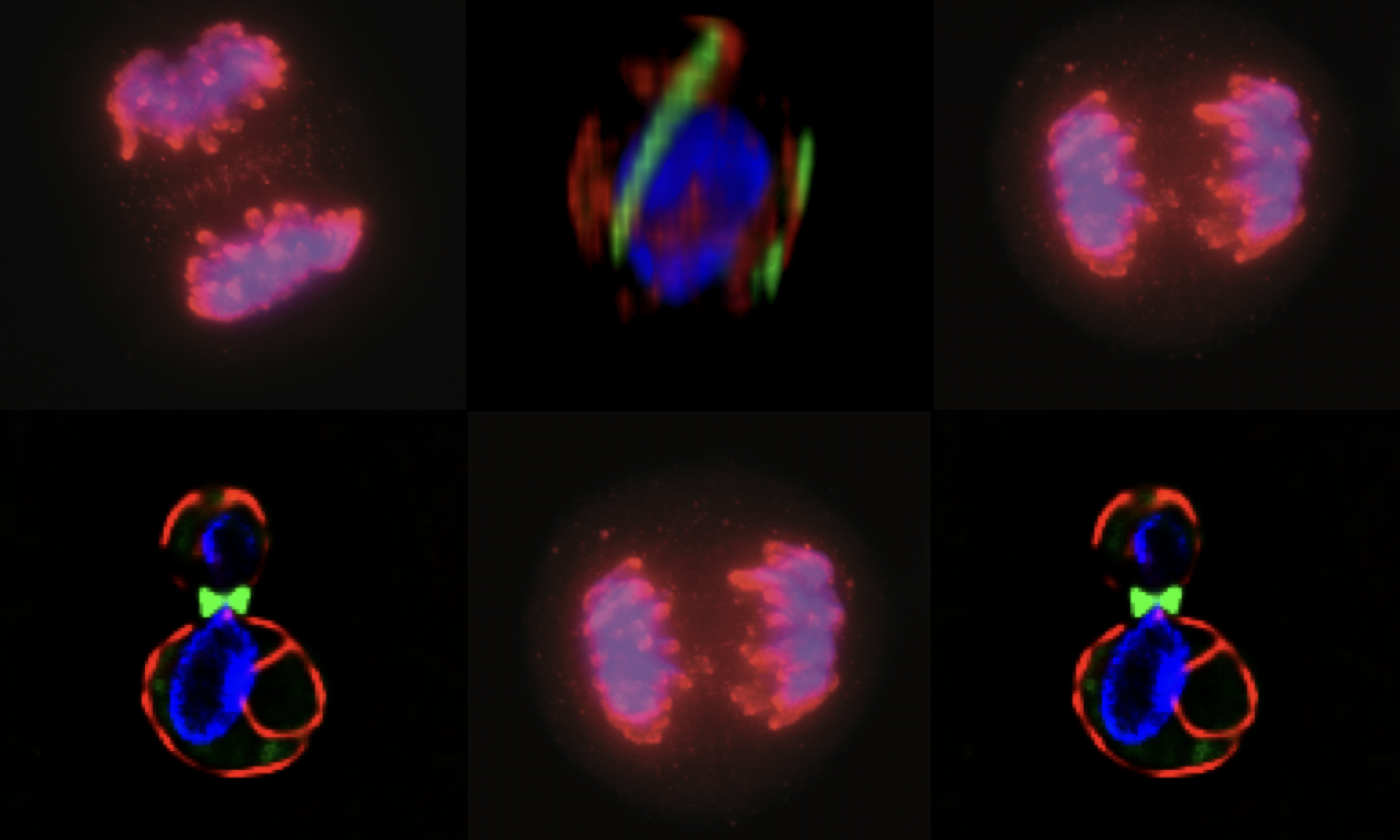Background for this course: This course grew out of my dedication to training undergraduate to do research in the lab. Two realities drove the need for some kind of formal course as a requirement entering my lab to do research: (i) I wanted to have students start earlier in their college career, and so they needed a way to get caught up on background material and (ii) I wanted to work with students to gauge their interest in research, to help them learn about data analysis, basic lab techniques and hypothesis development. The details of this course are still in development, but students have been working with me on this approach for several years now and I think it’s evolving into something I can offer more generally in the future.
Course Description: This is an independent study course designed to familiarize you with the techniques involved in reading scientific literature, to develop the skills needed to parse scientific information (good from bad) and develop a hypothesis amenable to experimental testing (i..e, nullification). We will also develop a foundation for the background biology underlying the specific research projects in my lab.
Learning Objectives:
Master reading and study techniques associated scientific research.
Practice skills for learning complex ideas using a layered approach.
Apply reasoning skills to assign confidence levels to data and conclusions.
Use primary research examples to deconstruct scientific hypothesis and research approaches.
Obtain and practice quantitative data analysis skills.
Practice developing independent hypothesis and identifying relevant experimental approaches.
Course structure:
A one unit offering of this course will involve student-instructor meetings averaging one hour/week, and requiring two to three hours of at home work/week. You will identify a general area of interest for enquiry and develop a study plan with me tailored to the particular question(s). The study plan will include these elements:
- Reading or viewing of relevant information, including online videos, textbook reading, literature reviews and primary research articles.
- Meetings with instructor can take place in person (and may include up to two other students), via internet chat or shared notes, or Skype (or Zoom) video chat. The precise format will be agreed upon to best fit schedules for student and instructor.
- Assignments will be posted on box.com in a box-note that you will be invited to share.
- A reading list and associated guide questions for you to answer. You will answer the questions on box.com in the indicated box-note. The answers can evolve over time and with feedback from me.
- Practice data analysis in experimental data posted to the box.com folder with instructions on the analysis. Zoom sessions or one-on-one meetings will be used to demonstrate quantitative techniques and Excel spreadsheet skills. The emphasis on these skills will be tailored to the project.
- Deconstruction of a scientific findings: one primary research paper or a video of a research seminar will be provided. We will practice how to identify both the hypothesis of the research, the predictions generated from the work and the experimental approaches taken by the researcher(s). You will summarize this work in a short “review” of the research that describes the above elements.
- Development a research question and hypothesis (or project outcome).The goal is to identify an question of interest and relevance to the research topic, practice turning that question into a hypothesis with at least one associated prediction that can be tested. Note, this may be in the form of a scientific hypothesis or a project rationale, goals and outcomes document. Projects: The precise project will be agreed upon prior to the start of the course. The project can focus around a relevant lab research topic, a more general question related to our mutual interests in biology, scientific literacy or the impact of technology on society. Examples of student independent research topics include:
- an exploration of the cellular pathways that ensure genome integrity during cell division (Kaplan lab research).
- An exploration of how normal cells transition to disease states associated with cancer through acquiring an “adaptive” cellular program (Kaplan lab research)
- An interrogation of the clinical and basic scientific literature associated with the development of chemotherapeutics that target Hsp90, an “adaptive” state cellular chaperone (literature review and data aggregation project).
- Develop a “review” system for listing and evaluating science news and news aggregator sites as a tool to motivate broader student enquiry and for the non-cognoscenti to access quality scientific information
- Develop an informational video-blog for cell biology and for understanding the interface with disease.
- Others that fit into the general categories described above.
